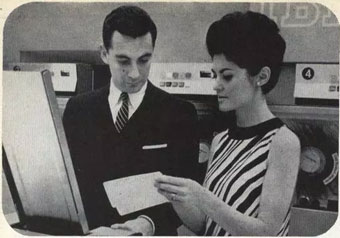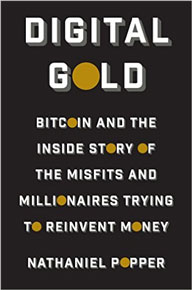 Whew, August. And it's quiet, too... Whew, August. And it's quiet, too...
Yesterday I drove up to Lake Arrowhead, and cycled around the lake. A beautiful place to sail, should have brought a boat, although it's a beautiful place to ride, too. The drive up was a little "interesting", as route 183 was blocked by a forest fire. (Looks like it will be a tough summer for fires, and has been already.) I ended up off-road on some dirt tracks, with a great deal of dust to show for it, but I made it.
 When I was a kid I had a friend whose parents owned a house at Lake Arrowhead, and spent considerable time up there, hanging out and sailing. (This was where I first formed my theory that wealthy men have pretty daughters :) Being back after so many years, it's amazing the memories which are triggered. Most of them were things I wouldn't have remembered any other way, but being there again brought them back vividly. Amazing the stuff we keep packed away in our brains :) When I was a kid I had a friend whose parents owned a house at Lake Arrowhead, and spent considerable time up there, hanging out and sailing. (This was where I first formed my theory that wealthy men have pretty daughters :) Being back after so many years, it's amazing the memories which are triggered. Most of them were things I wouldn't have remembered any other way, but being there again brought them back vividly. Amazing the stuff we keep packed away in our brains :) 
California drought report: this lake is completely full of water.
 From the pages of history: "The Computer Girls", a 1967 Cosmopolitan article. "Now have come the big, dazzling computers - and a whole new kind of work for women: programming." How interesting, right? Also worth remembering that digital computers replaced human computers, who were often women... From the pages of history: "The Computer Girls", a 1967 Cosmopolitan article. "Now have come the big, dazzling computers - and a whole new kind of work for women: programming." How interesting, right? Also worth remembering that digital computers replaced human computers, who were often women... 
 A new book to read: Digital Gold, Bitcoin and the Inside Story of the Misfits and Millionaires trying to Reinvent Money. Philip Greenspun posted a positive review. A new book to read: Digital Gold, Bitcoin and the Inside Story of the Misfits and Millionaires trying to Reinvent Money. Philip Greenspun posted a positive review. 
Also interesting, the Amazon Kindle price for this book is $14.99, which is a dollar more than the hardcover price. Hmm...
Meanwhile, and related, Ethereum has launched. "Ethereum is a decentralized platform that runs smart contracts." An explicit attempt to duplicate the Bitcoin blockchain, with a more powerful "instruction set". (You will recall from Bitcoin 102 that every Bitcoin transaction is a computer program.) The problem with this noble effort is that until "ethers" become valuable, the nodes in the network won't have sufficient incentive to keep each other honest. This is the compelling advantage of THE Bitcoin blockchain. 
Apropos: Uber vs Piketty. "Thomas Piketty famously argues that owners of capital grab ever-larger shares of wealth, and that the single best ‘solution’ to this alleged problem is a global tax on wealth and high rates of income taxation... Ashley Schiller had a brilliant insight, which I share here with her kind permission: Uber (and other ‘sharing economy’ innovations, such as Airbnb) allow ordinary people to turn their consumption goods into capital goods." It would have been difficult to predict that helping people use personal cars as taxis would create a multi-billion dollar business, and yet, there it is, despite the best efforts of government regulations to interfere. 
| 




